GIS Election Candidates

GIS Election Candidates - Global South
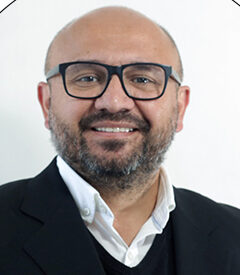
Sergio Chacon
It would be an honor to be able to participate as part of the GIS board to be able to contribute with my experience in the practice of implementation in Latin America and strengthen the presence of the "southern gaze" on the board. Additionally, with my experience as head of NGOs I can contribute in the field of management to continue strengthening the work of GIS.
I am a psychologist with a master's degree in social and community psychology. I have 27 years of experience in designing and implementing programs for people in situations of social exclusion through my work in NGOs. I have worked in the public sector and in parallel I have worked as an academic in several universities. In addition, I am an international trainer for the Drug Advisory Programme of The Colombo Plan and I have been a consultant for CICAD OAS, Chile's National Alcohol and Drug Prevention and Rehabilitation Service. I am currently the Director of the Latin American GIS Hub.
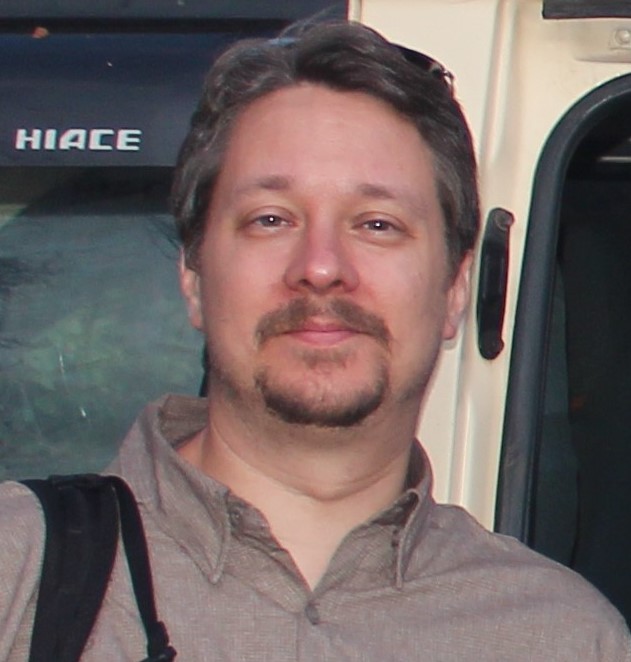
Andreas Hein, Mag, DPhil
Andreas Hein is a trained Psychologist (U. de Chile) with a Master degree in Sociology (P. U. Católica de Chile) and has earned his PhD in Evidence-Based Social Intervention (University of Oxford). He passionate about applied data analytics and has recently undergone training in Data Science with a focus on data automatization, Machine Learning and Big Data.
During his career, he has combined academic and applied research with development, implementation, and improvement of interventions aimed at vulnerable populations. He specializes in psychometrics, intervention research (design, implementation and impact evaluation) and evaluation use.
Dr. Hein has collaborated with Think Tanks, NGOs, governments, universities and international organizations, focusing on producing knowledge that promotes social change through the use of data and evidence. In recent years, he has served as Manager of Regional Dissemination Projects for the Colombo Plan and as a consultant for CICAD (OAS). In this context, he has led the development and adaptation of standardized professional training curricula in the treatment and prevention of substance use disorders. In this context he was responsible of building and training an international team of regional prevention trainers (CICAD-Plan Colombo collaboration). He has led demand reduction training and technical assistance missions in Paraguay, Brazil, Peru, Mexico, Colombia, Guatemala, Ecuador, the Dominican Republic, and Kenya.
He currently collaborates with the "Global Center for Credentialing and Certification" developing standards and exams for the accreditation of professional competencies in the area of drug demand reduction. In addition, he collaborates with the Kodea Foundation (Chile), as Research Lead on Monitoring Evaluation and Learning. As part of this effort, he is in charge of a 5-year plan to assess the impact of a Kodea’s “Train the Trainer” model to expand Computer Science Education in throughout Chilean schools.
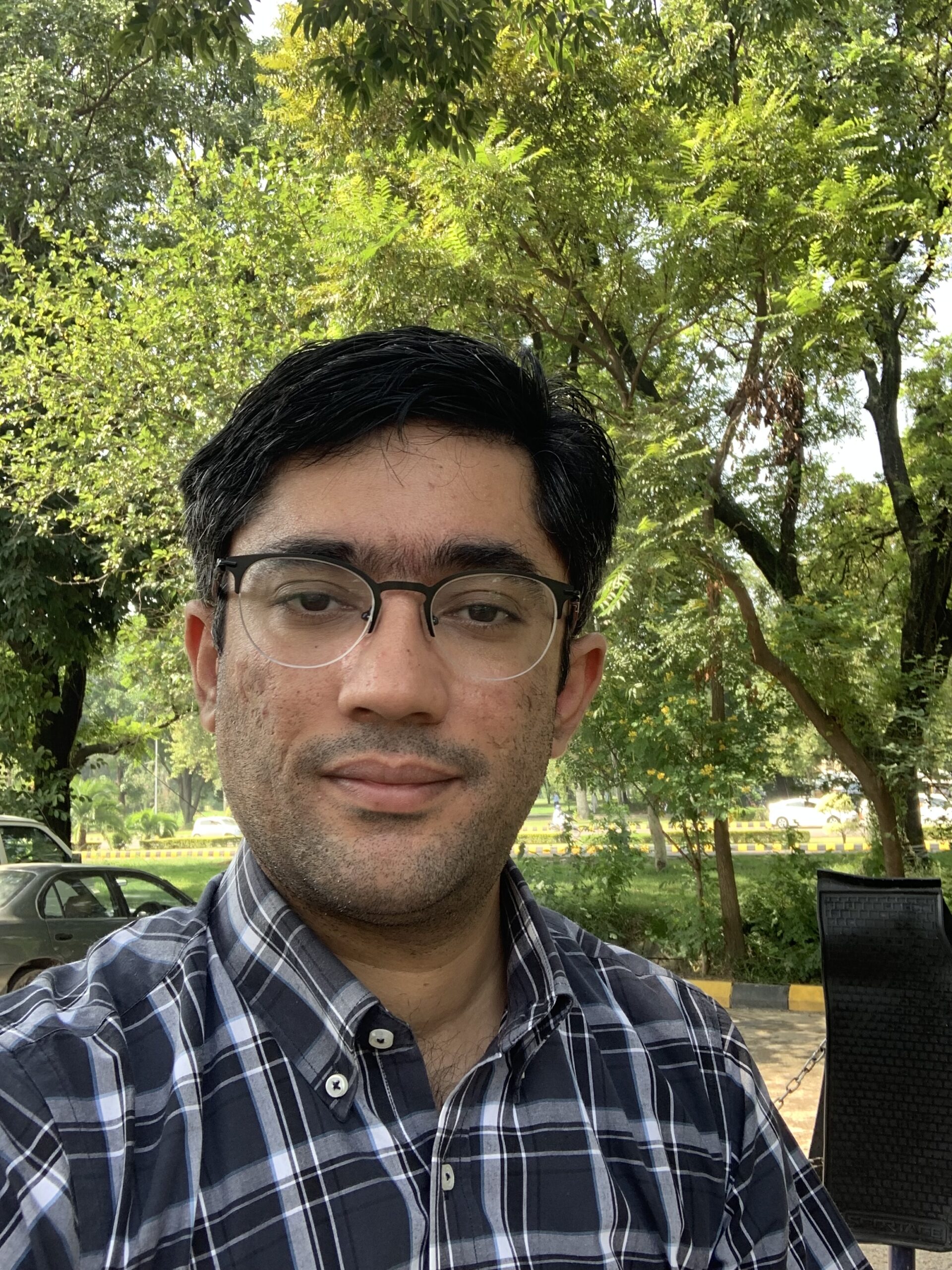
Sheh Mureed, MPH, Ph.D
Sheh is a motivated implementation science professional and would represent Pakistan's context in the GIS as a board member. This will provide him an opportunity to make linkages and collaborate with implementation scientists globally. His public health background and government experience will help achieve GIS agenda to extend implementation science to underdeveloped regions. Moreover, he will proactively work to promote GIS in the region through his large professional networks. This would improve/increase participation in GIS from Pakistan.
Sheh is currently working as Assistant Chiefe in the Health Section of Planning Commission. He is a Public Health Professional with a focus on improving Maternal, Newborn, and Child Services especially for the marginalised groups. Moreover, he previously worked at Health Services Academy and has conducted many research projects on quality of care, social determination of health, health system strengthening, and implementation science. He is also the Director of Research at GIS - Pakistan Chapter. Moreover, he previously worked at Health Services Academy and has conducted many research projects on quality of care, social determination of health, health system strengthening, and implementation science. He is also the Director of Research at GIS - Pakistan Chapter.

GIS Election Candidates
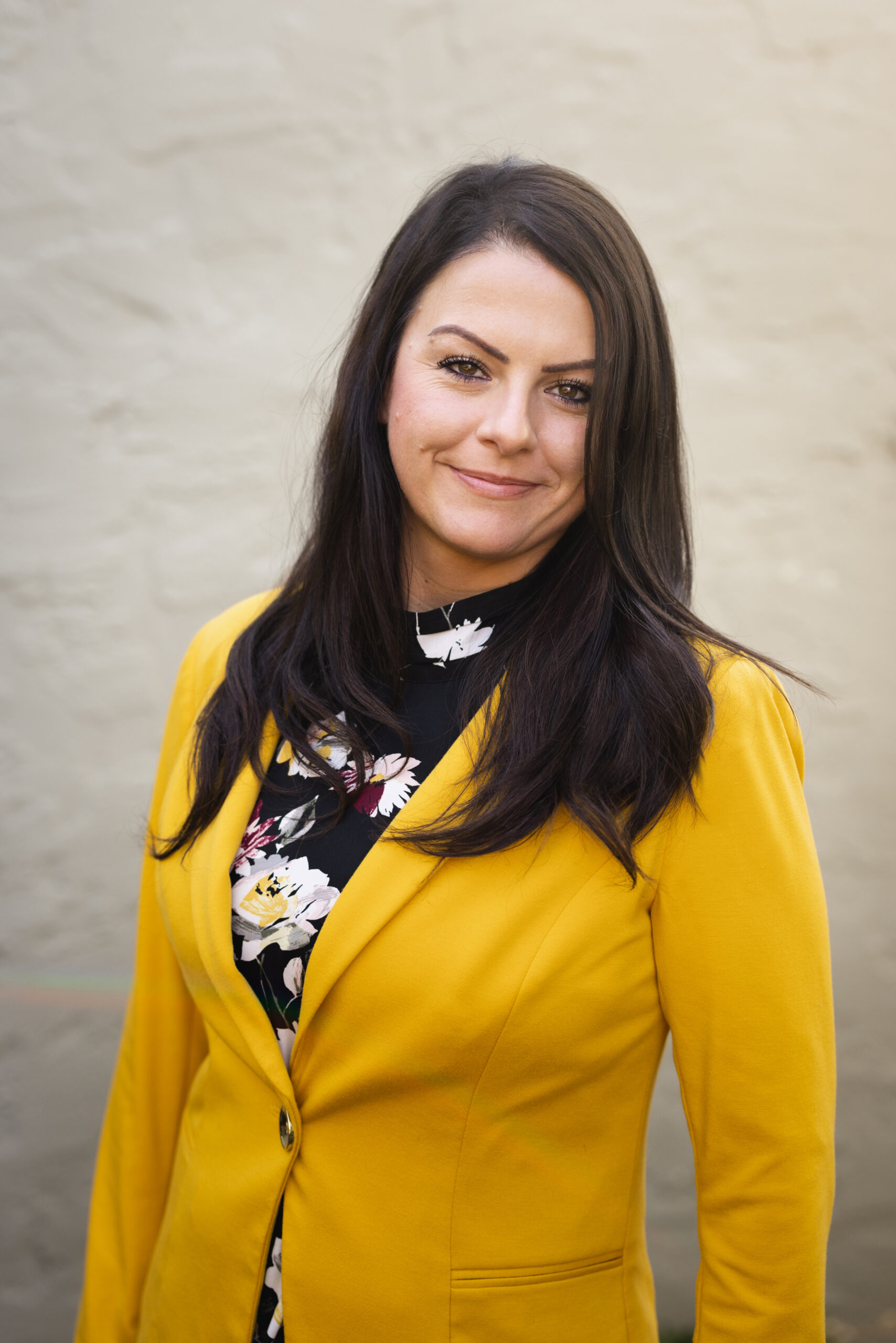
Allison Brookes
Allison has been engaged with the GIS since the inaugural conference in DC and has been working across the justice system to help translate the science into practice. Allison considers herself to be a "Pracademic", an expert at translating academic principles into easy-to-apply tools and strategies that practitioners are able to apply to improve outcomes. This skillset is needed on the GIS board so implementation science principles can be more accessible to a larger audience. Allison has also been volunteering and working with the committee tasked with revising facilitator competencies and is interested in continuing that work.
Allison Brookes has over 17 years of experience leading innovation and change in the criminal justice system. After working in community-based corrections for many years, Allison became a champion of implementation science in the state of Colorado by leading a large-scale, multi-agency effort to implement Motivational Interviewing. This collaborative effort involved community-based corrections, behavioral health centers, probation offices, prisons and parole offices statewide, engaging more than 1,000 practitioners in training, coaching and local communities of practice to implement new ways of working toward positive outcomes, together. This project was the first of its kind to introduce and formally apply the National Implementation Research Network (NIRN) model to an entire state system and brought with it tremendous lessons, and practical insights that Allison brings to her work today with justice leaders implementing change initiatives. This complex and multi-dimensional implementation experience was a catalyst for Allison and ACJI to form as a team and an organization.
Allison knows that the principles of Implementation Science offer game changing tools for leaders in justice agencies to achieve socially significant outcomes and is a strong believer in strategies that involve co-elevating system players. Leveraging her experience leading teams in a progressive pretrial service agency, Allison specializes in complex implementation environments that require tackling wicked, often historical, adaptive challenges that get in the way of implementing transformational change. She contributed to the design of the Implementation Leadership Academy and is instrumental in designing and iterating thoughtful and strategic tools to help leaders and organizations do their best work. As a Founding Member of the Alliance for Community and Justice Innovation, she is involved in all ACJI projects from start to finish. She provides the personal touch to all of our projects and loves supporting agencies to do their best work. She is committed to ensuring that our work together gets you where you want to go. She holds a bachelor’s degree in criminal justice from Metropolitan State University.
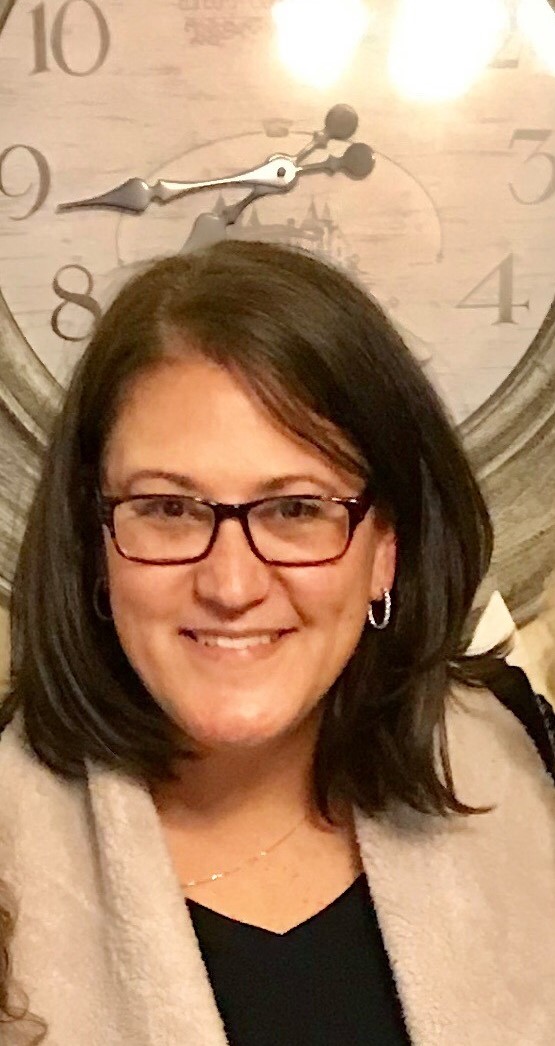
Julia Carlson, Ed.D.
I believe my extensive experience in the field of PreK-12 education can be an asset for ensuring the Global Implementation Society continues and expands its reach to promote and establish coherent and collaborative approaches to implementation practice, science, and policy. I have been passionate to improve educational outcomes for some of our most fragile populations and have seen firsthand the impact of utilizing IS as a foundation for that positive change. I have taken research and developed sound practices during my tenure as a principal, assistant superintendent, university adjunct faculty member and now as the lead researcher for Wilson Language Training. I was directly responsible for authoring state turnaround plans using IS as the framework, writing numerous opt eds, and presenting across the United States on the role of IS to provide equity and access to students, families, and communities to realize true change. I have mentored hundreds of aspiring administrators to better understand IS practices and how to translate to their own school context and culture. I have had the privilege of working with the Global Implementation Society for the past few years as a member and field advocate. I feel that my expertise and background were utilized to help write the competencies for implementors as well as translate to fields that generally have not considered utilizing IS. My hope is to help propel the Global Implementation Society into the forefront as a thought leader and innovative branch for the future of IS.
Dr. Julia Carlson is the Vice President of Research Initiatives at Wilson Language Training. She is a former urban assistant superintendent, elementary and high school principal, and K-12 special education teacher. Dr. Carlson served as an education ambassador in her home state of Rhode Island where she authored a roadmap for schools and districts involved in turnaround.
In her current role at Wilson Language, Dr. Carlson researches the implementation and impact of Fundations, Just Words, and the Wilson Reading System. Dr. Carlson has over 20 years of educational experience as a teacher, university practicum supervisor, adjunct professor and administrator. Her work as a consultant, prior to entering the education world, was the foundation to utilize implementation science as a framework for success in each district she served. She has presented at ASCD Leadership Conference (2017), Urban Collaborative (2021), chaired sessions at the AERA/WERA conference (2022), MA General Hospital Institute (2022), The Reading League (2022), Everyone Reading (2023), authored numerous op-ed articles, and mentors and supports the next generation of teachers and administrators at Boston College. Dr. Carlson holds an Ed.D. in Educational Leadership from Boston College, M.Ed. in Educational Leadership from The University of Hawaii at Manoa, and a B.A. in Communication from The University of Texas at Austin.
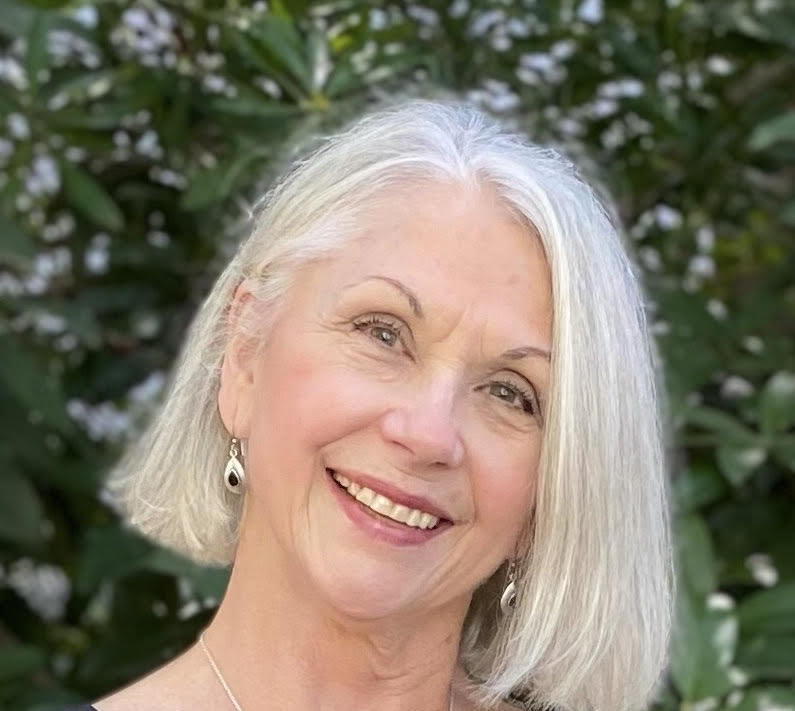
Kathleen Ryan Jackson, D.Ed.
I am interested in serving on the GIS Board to collaborate with global leaders invested in growing a society that responds to the relevant issues and needs of organizations and practitioners so they can realize their population of interest goals. I cannot think of anything worthier than serving on a board invested in the needs of others. For years, I have been and continue to be graced with opportunities to work with implementation, improvement, and policy scholars who have taught me invaluable knowledge and skills that I want to share with others. At the same time, and perhaps even more important is the opportunity I would have to learn from others worldwide and continue to grow professionally as a member of a board focused on the delivery of coherent and collaborative approaches to implementation practice, science, and policy.
Dr. Kathleen Ryan Jackson is an Implementation Specialist at the National Implementation Research Network (NIRN). Kathleen has extensive experience in organizational and system change in the field of education, PreK-adult education, place-based school-community partnerships, and juvenile justice.
In response to the priorities of organizations from multiple sectors across the globe, she is forging partnerships for the alignment of implementation and improvement sciences in complex organizations. She is an active member of the Carnegie Foundation Professional Practice Leadership Group. She was drawn to the field of implementation science following her tenure in the field of educational leadership and policy. Her work focused on access to equitable systems of support, culturally relevant curriculum, and the interaction between students’ socio-behavioral and academic success.
Kathleen is passionate about the importance of developing a collective commitment to continuous improvement so that policy enables and sustains an effective practice that is identified, designed, used, and evaluated with those on the ground, who know best their need. Kathleen is the Founder of the Western Implementation Society for Practice and Research an affiliate of the Global Implementation Initiative
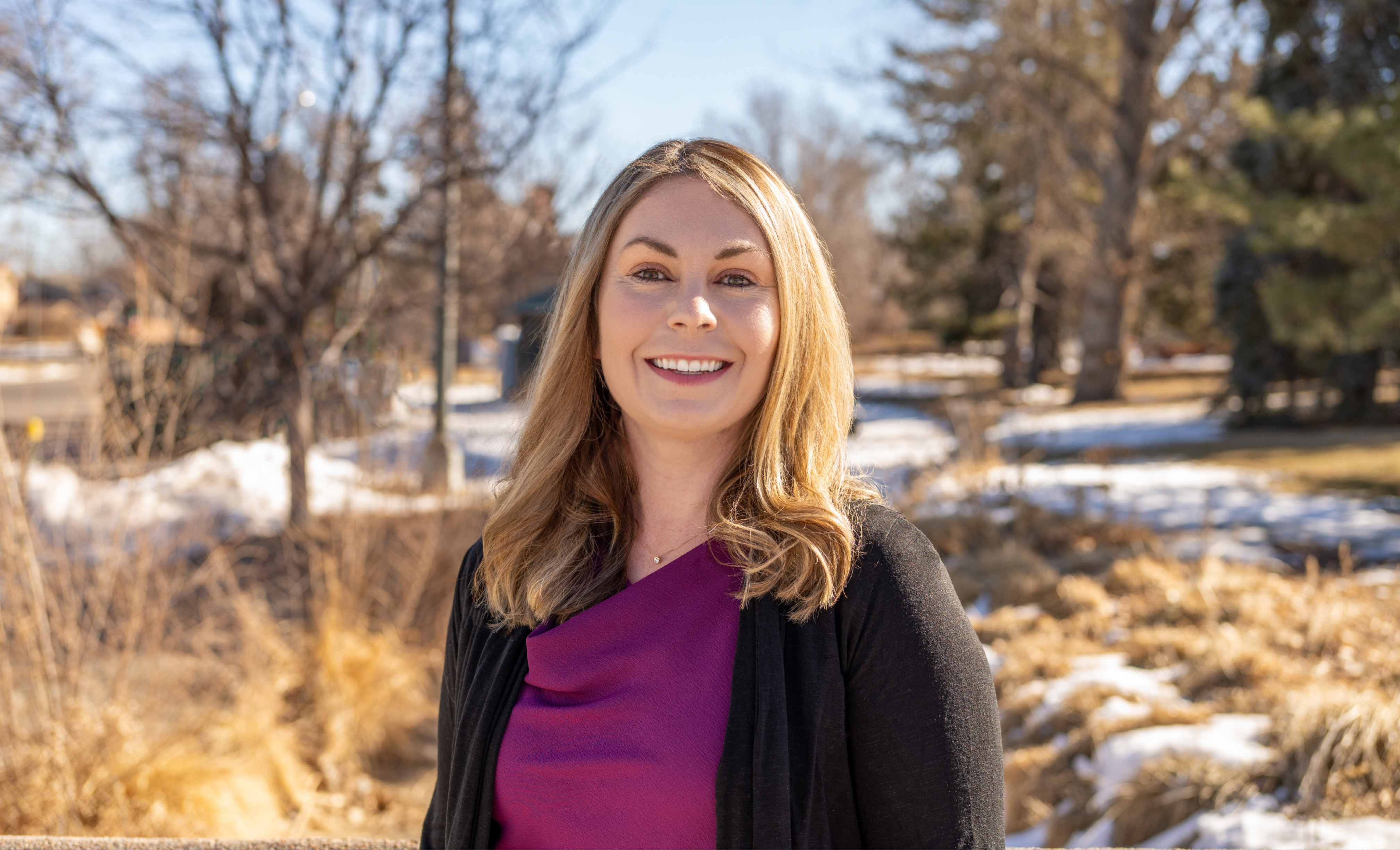
Tiffany Madrid, MSSc
I'm honored to be considered for a board position with the Global Implementation Society (GIS). In October 2022, I was hired by the Colorado Department of Human Services to lead a new implementation science team dedicated to embedding the best available research and evidence into human services. My team — the Colorado Implementation Science Unit (CISU) — is a first of its kind. As a government entity, we are working as strategic empathetic partners with universities, non-profits,
Tiffany Madrid serves as the Director of Strategic Research for the Colorado Implementation Science Unit (CISU) – a newly-formed team within the Colorado Department of Human Services' (CDHS) Office of Children, Youth and Families. Funded as a three-year pilot program by the Morgridge Family Foundation, the CISU team is working to strengthen the Office’s internal capacity to engage in program implementation, scaling, replication, and evaluation. As such, the CISU team is working to ensure programs are achieving their intended results and are accessible to all who need them. Furthermore, the CISU team has the unique opportunity to demonstrate how government agencies can implement evidence-based policymaking best practices and improve performance and accountability.
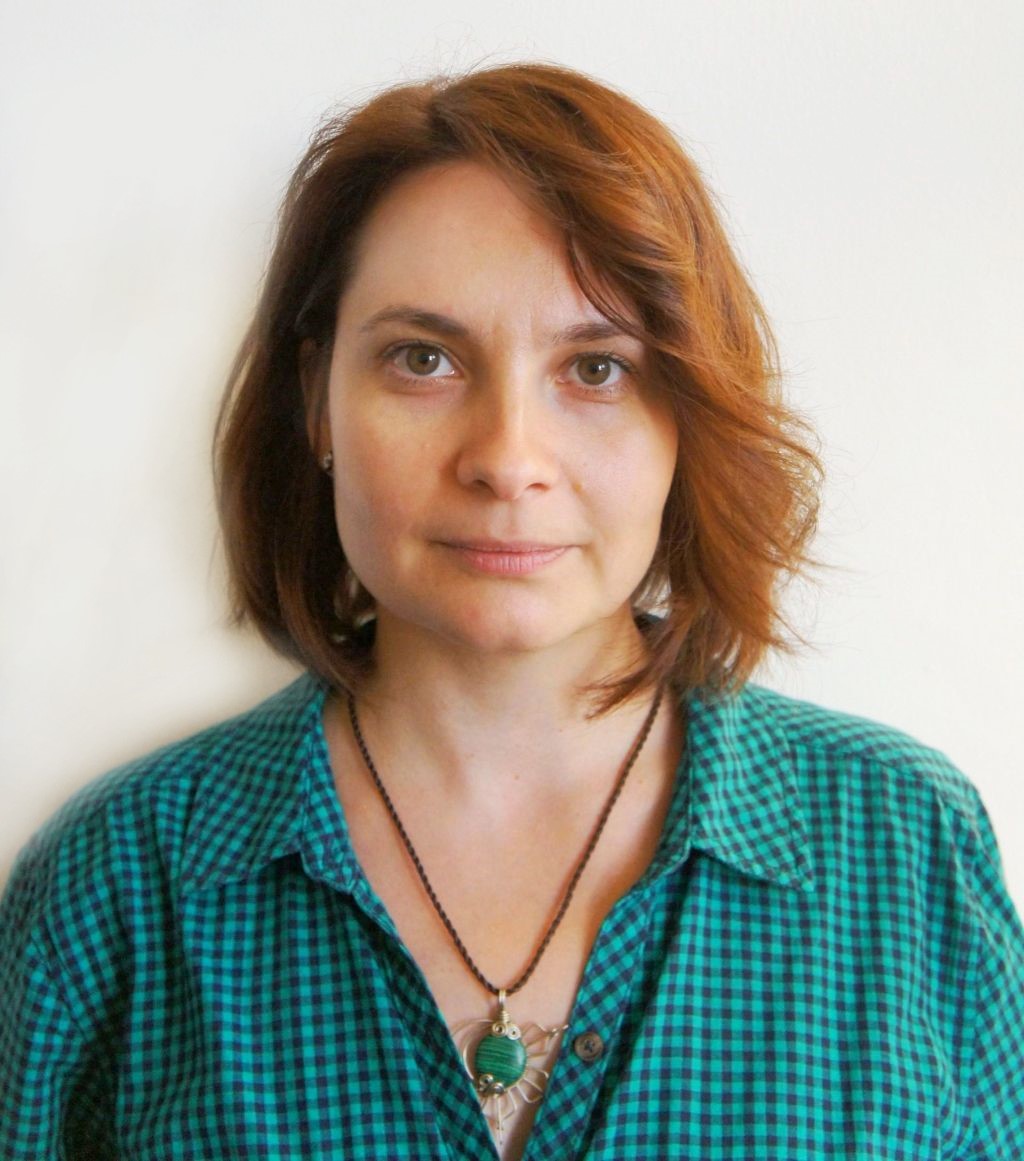
Mihaela Minloe, D.Ed.
I strongly believe that implementation science offers robust frameworks that can help overcome the challenge of delivering programmes and innovations effectively, so that they lead to positive and long-lasting changes. As someone who has worked in research, programme development and policy formulation, I understand the importance of bridging the gap between research, policy, and implementation, and I am eager to contribute my skills and knowledge to advance the field of implementation. In my role as a GIS board member, I would bring my experience and understanding of different national and local systems, including in relation to their transformation over time, and the role of the social, political, economic and cultural factors in facilitating change. I would also contribute my experience of creating readiness and using the science of implementation in settings where this can be seen as a novel approach.
Mihaela Manole has more than 18 years of experience working in the fields of child's right, citizenship and participation, in Romania and Scotland, as well as at the European level. Her expertise combines research, evaluation, policy and practice implementation, and partnership development focused on complex change. Her professional journey began as a qualified social worker in her home city of Bucharest during a time when Romania was transitioning to new social work and alternative child-care systems, and later included a research traineeship within the European Agency for Fundamental Rights (FRA), in Vienna, which enhanced her expertise in drafting evidence-based policy, developing indicators for monitoring human rights and guiding practice development. During her extensive experience as researcher and programme lead at Save the Children Romania, Mihaela gained expertise in management, leadership and partnership working, including at an international level.
Currently, she is Implementation Research Fellow at the University of Strathclyde, the Centre for Excellence for Children's Care and Protection (CELCIS), in Scotland, where she is using implementation science to support Scottish local authority areas and third sector partners to operationalise effective practices and use practice fidelity measurements, with a focus on services for vulnerable children and families. Mihaela has also been involved in promoting the use of evidence in policy formulation and supporting capacity building in the use of data for improvement.
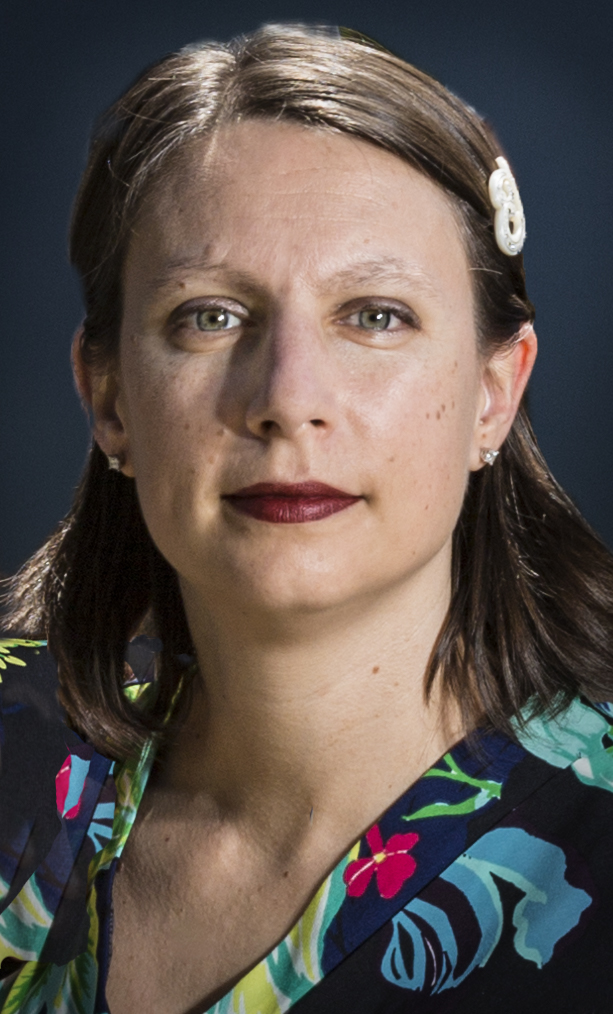
Heather Morris, MPH, PhD
I have developed a strong track record already as a contributor to the GIS. I am a founding member who attended the first conference in Glasgow, Scotland. I am a member of the standards sub-committee, and contributor to the implementation facilitators competencies. I organised a prominent Australian LGBTIQA+ leader and advocate to review the diversity and equity revisions of the competencies, who provided excellent insights to the language and content. I am also a regular GIRA journal peer-reviewer. I want to do more. I want to shape the GIS and make a greater contribution. I want to elevate the views and voices of the global south by holding regular communities of practice forums to share knowledge and encourage an open dialogue. Too often their voices go unheard. This contribution will strengthen the 'G' in GIS and this is how I can serve.
Dr Heather Morris is an early career researcher in the Health and Social Care Unit of the school of public health and preventative medicine, Monash University. She uses her implementation science knowledge and expertise in her research in the areas of education particularly in early childhood and trauma informed models for schools, social care, trauma therapies and health.
Dr Morris primarily works with governments to shape their implementation and research programs, and also with community service organisations that directly engage with vulnerable children and families supporting their service delivery and program outcomes. She uses her expertise in program design, delivery and implementation, qualitative research, and experience-based co-design in her evaluation work to generate change at the individual, organisational and system levels. Her social care theorising model has transformed the way in which organisations view frontline workers as they implement programs innovatively in the real world.
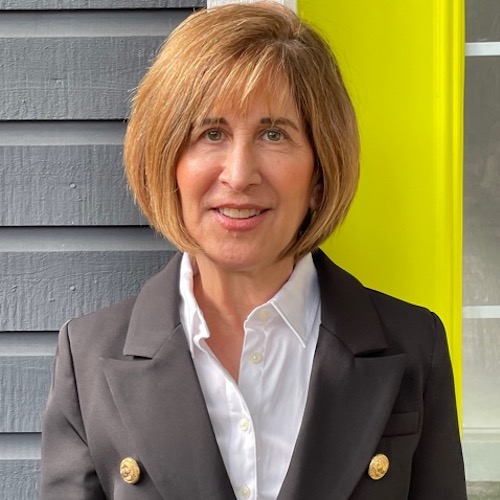
Myra Piat, MSW, PhD
Over the past twenty years, Dr.Piat has provided leadership and vision for bold new ideas and innovations in mental health in Canada and elsewhere. In 2021, Dr.Piat received the CAMIMH Champions Award for her significant contribution in mental health research including the inclusion of people with lived experience in mental illness and family members in mental health research, the application of innovative research methodologies, along with the translation of implementation evidence in user-friendly format for diverse stakeholders involved in health care services without an implementation background. The launch of her bilingual toolkit to implement the Recovery Guidelines for practice: Walk the Talk toolkit / De la parole l'action (www.walkthetalktoolkit.ca/delaparolealaction.ca) is an illustrative example of an innovative solution to the challenges of implementing recovery into services in Canada that enhances the uptake of mental health recovery and build implementation capacity to organizations. Dr. Piat's work leading up to and including the toolkit, her leadership and commitment to knowledge translation ensures that she will be a great positive addition to the GIS Board.
Myra Piat, Ph.D. is a researcher at Douglas Hospital Research Centre and Assistant Professor, McGill University, Department of Psychiatry and School of Social Work. A leader in the field of mental health recovery and implementation science, she has worked tirelessly two decades to bring about system transformation in mental health services. Myra has been involved in numerous initiatives to implement mental health recovery into policy and services. She has been the lead on many Canadian Institutes of Health Research (CIHR) and McGill University-funded projects. The most recent is Walk the Talk Toolkit, an online bilingual toolkit designed to help organizations overcome the challenges of implementing the Canadian Guidelines for Recovery-Oriented Practice. A strong advocate of system transformation through collaboration and co-production, Dr Piat’s focus is, and continues to be, conducting “real world” applied research—research that ultimately results in improving the lives of those with mental health challenges, the most disadvantaged and vulnerable populations across Canada.
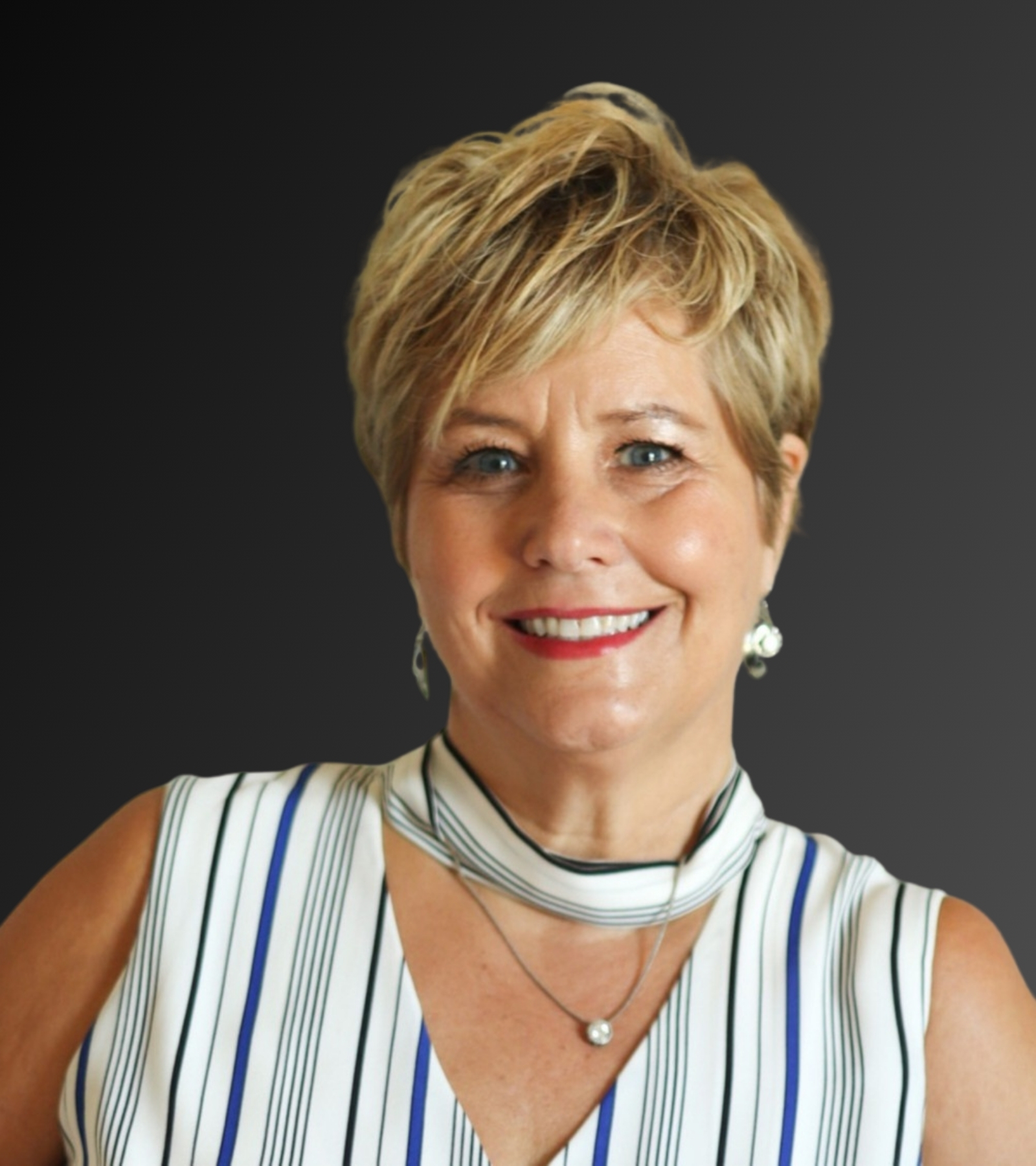
Jenice Pizzuto, M.A. ED.
Jenice has a passion for contributing to the world of implementation through education, the involvement of implementers, and simplifying the science for others. After years of seeing innovation efforts of high-quality, evidence-based practices fail, she dedicated herself to impacting the "implementation gap" by helping build implementation literacy across sectors globally. We can get results that impact humans and societies in positive ways when we apply implementation and improvement science to world problems. It is her mission to demystify the sciences and shine a light on effective implementation to impact lives and improve outcomes.
Jenice Pizzuto is currently an Implementation Specialist, Consultant and Collaborator with her own company Impact Learn and Lead. Her skills of facilitation, adult learning presentation, data-driven decision making and results focus have lead her to provide outstanding support to a variety of clients primarily in the education sector. She is an experienced facilitator and coach and has served in a variety of leadership positions. Jenice has an advanced degree in Education and holds licenses for teaching and administration. She is an innovative and creative professional. She is skilled at serving educators and nonprofits with experience in designing, leading and supporting large and small conferences and learning events.

Nicola Slater, ECE
Having spent almost two decades immersed in the practical and theoretical aspects of implementation science, it is the right time for me to embrace a role where I can contribute to the conversation on a larger international scale. I also see this position as an opportunity for me to further my own ambitions by joining and enabling conversations with individuals from all over the world and enriching my understanding. I believe that it is through cross-cultural conversations and international collaborations that we will evolve as professionals and as a field, and I would be honored to be a part of that. I bring extensive practical experience in supporting and collaborating with a range of organizations, with varied capacities and little or no previous exposure to evidence-based programs. Through this work, I have had the privilege to work with many unique professional groups including those in indigenous communities, organizations focused on serving black children youth and families, grassroots organizations as well as large mental health networks. Seeing how effective implementations contribute to creating consistent service quality and equitable access to services across systems inspires me to want to continue and expand on this scope of work. My commitment and belief in the science behind so much of the work we all conduct daily, and an ongoing desire to find ways to increase access and engagement is the motivation behind my application. I have the capabilities to support this work by ensuring we find ways to share knowledge across worldwide networks that are accessible and understandable for all.
As a Senior Manager of Implementation at CDI (formerly Child Development Institute), a children's mental health organization in Toronto, Nicola is leading the implementation and scaling of all programs across the agency. Her responsibilities of development and implementation span topics from family violence, early childhood development, and youth violence.
With over 20 years of experience in implementation science, Nicola has led National and International Implementation and Scaling projects of evidence-based programs with outstanding results. Her commitment to evidence-based program development and her enthusiasm for new and innovative advances in mental health, paired with a focus on program fidelity, has resulted in her being a true groundbreaker and a champion of the science of implementation in the field of mental health. Nicola’s early childhood development and behaviour management background has proved her with an in-depth understanding of children’s mental health. Her early career included both facilitating programs and conducting training on evidence-based programs, before advancing to large-scale implementation. Because of this hugely varied expertise, in addition to being an implementation expert, Nicola is also an excellent trainer, exceptional leader and clinical facilitator who has trained and supported hundreds of professionals worldwide in implementing and delivering evidence-based programs.
Throughout her career to date, she has continually demonstrated her commitment to the well-being of children, youth, families, and communities. She continues to seek and develop new partnerships and opportunities worldwide. Nicola is frequently requested to conduct public presentations and share her implementation experience with various stakeholders including government, community partners and educators across the world.
